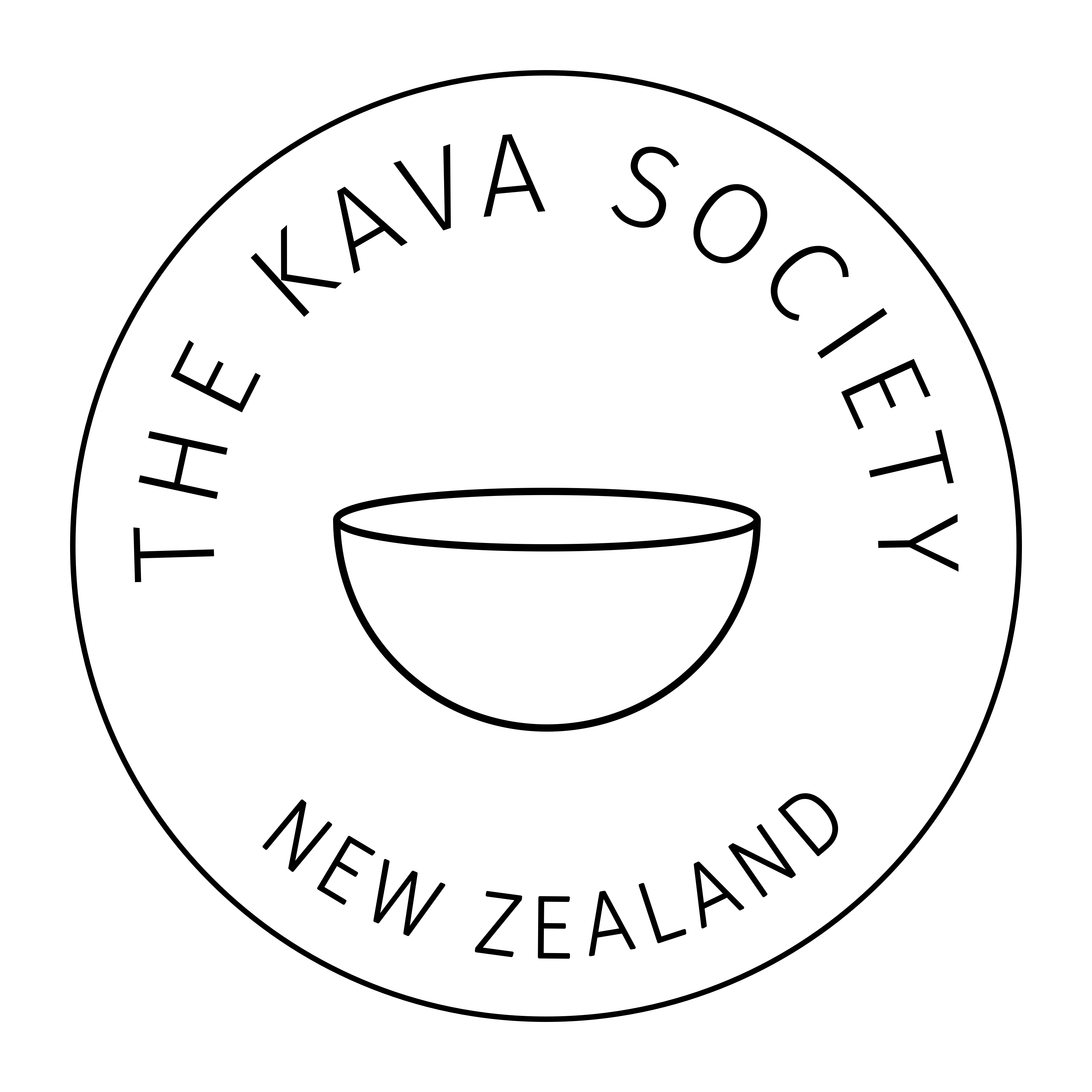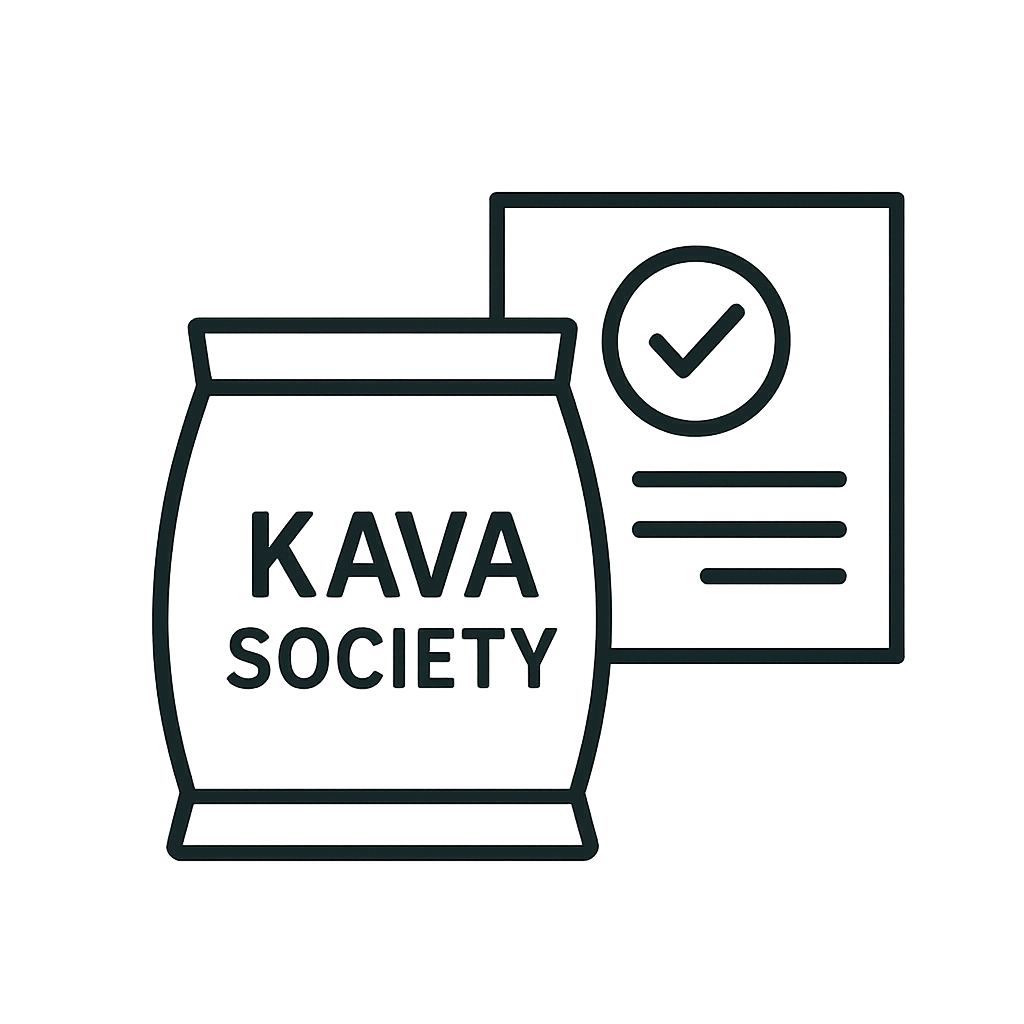FAQ

Below we present our answers to some of the most frequently asked questions about kava and its effects. If you can’t find an answer to your question, feel free to contact us:
Need help?
Frequently Asked Questions
The effects of kava depend on various factors, including the choice of cultivar, the quality of the specific product, and the methods of both preparation and consumption. Generally, kava is known for its relaxing properties and its ability to promote sociability and a sense of harmony—without diminishing mental clarity or awareness.
For many users, kava is a pleasant, slightly stimulating drink that relieves fatigue, relaxes the body after hard work or effort, clears the mind, and brings a gentle sense of well-being.
As noted by an early kava researcher, L. Lewin in 1927 (whose accounts can be read in Dr Lebot's famous book "Kava: The Pacific Elixir: The Definitive Guide to Its Ethnobotany, History, and Chemistry"):
When the mixture is not too strong, the subject attains a state of happy unconcern, well-being and contentment, free of physical or psychological excitement. At the beginning, conversation comes in a gentle, easy flow and hearing and sight are honed, becoming able to perceive subtle shades of sound and vision. Kava soothes temperaments. The drinker never becomes angry, unpleasant, quarrelsome or noisy, as happens with alcohol. Both natives and whites consider kava as a means of easing moral discomfort. The drinker remains master of his conscience and his reason. When consumption is excessive, however, the limbs become tired, the muscles seem no longer to respond to the orders and control of the mind, walking becomes slow and unsteady and the drinker looks partly inebriated. He feels the need to lie down. (...) The drinker is prey to exhaustion and feels the need to sleep more than any other sensation. He is overcome by somnolence and finally drifts off to sleep.
According to another scholar:
"Kava makes you quiet and able to think and listen to your thoughts. Your mind opens to what has been and should be done. The subjective feeling after kava is to be slowed down, for it almost forces one to become quiet. Sometimes it is like entering a light, relaxed dream. Some describe the kava state of consciousness as like looking into a mirror. One's mind goes beyond one's body and looks back. The altered state of consciousness is subtle and mild. Noise, interference with thought processes, bright lights, movement—all hinder the effect, the mildly altered stream of thought. The subtle effect is maintained only if there is peace and quiet."
Many people like to compare drinking kava to the opposite of drinking coffee. Both are often used as social beverages. While coffee may provide a mild buzz and an energising “kick,” kava is appreciated for its gentle, calming, and deeply relaxing effects.
...
...



